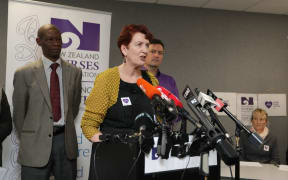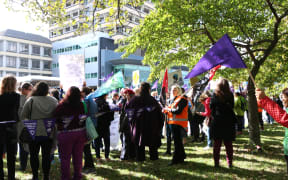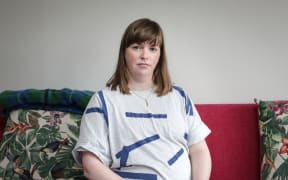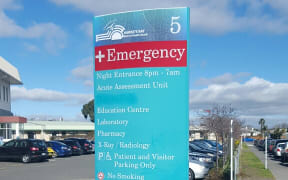Nurses begin voting today on District Health Boards' latest pay offer amid last-ditch efforts to avoid a nationwide nursing strike.
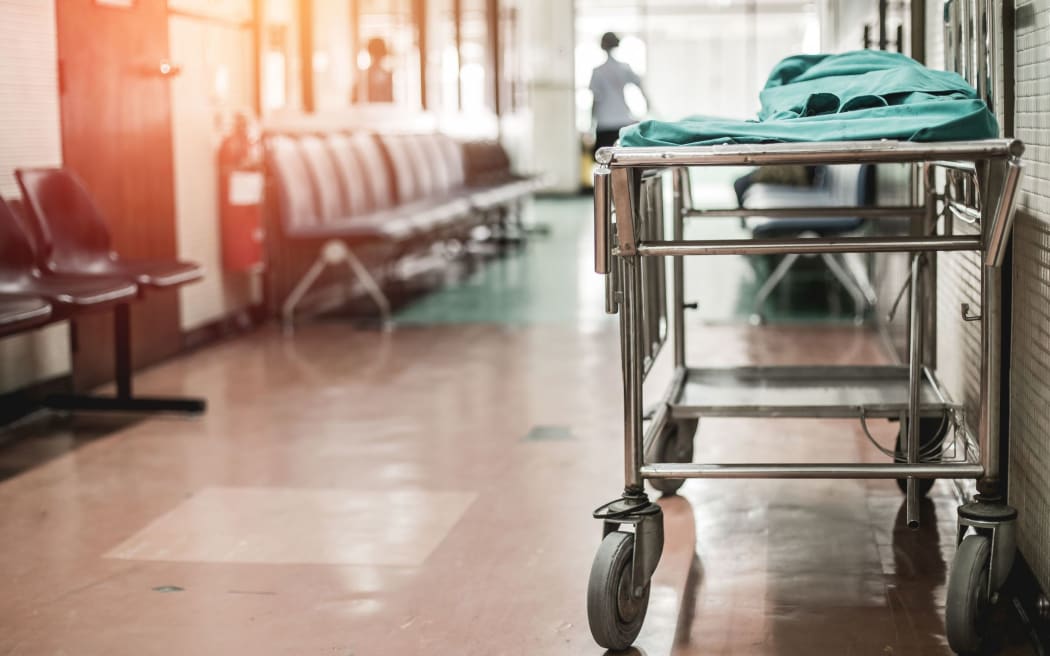
Some nurses are saying the latest offer by District Health Boards was not enough. Photo: 123RF
Last Friday the nurses union called off a strike scheduled for this Thursday, because they said the offer was improved and they recommended their members accept it.
Another strike is scheduled for next 12 July and will go ahead if nurses reject the latest offer - the fourth from DHBs in just over a year.
The latest offer boosts the minimum pay increase nurses would receive from 9 percent to 12.5 percent, but delays the time taken for the pay-rises to take effect.
Auckland nurse Danni Wilkinson said that was not good enough.
"That's come at the expense of experienced nurses who are having to wait a little bit longer to get the two new pay steps that we were offered with the last offer," Ms Wilkinson said.
"And it still puts us behind other industries, it puts our growth behind the growth of other industries and it puts us well behind Australia, which is where we lose a lot of our nurses to, so it's still not enough."
DHBs and the government have maintained there was no more money available for nurses' pay negotiations, but Ms Wilkinson said they needed to take another look at their priorities.
"We're aware obviously that the budget's been done for this year, but why could there not be the two, three percent offers and then look at five or a seven (percent) in the next budget," Ms Wilkinson said.
However Canterbury community nurse Sandra, who did not want her full name used, said not all nurses felt that way.
She said the latest offer, which included a pay equity plan to be developed by November next year and firmed up DHB plans to immediately recruit 500 more full-time nurses, was fair and reasonable.
"I do have a number of colleagues who are happy with this MECA [Multi Employer Collective Agreement] and people are feeling like they are going to accept it," Sandra said.
"So despite the fact that there are really loud voices on numerous social media platforms, I think there are a number of nurses who are actually quite happy with the way this is looking."
She was hopeful the strikes could be averted and said her colleagues needed to be realistic.
"You need to be a little bit circumspect and be realistic about how much money the Ministry of Health has available," she said.
"I think this is a really good series of steps for nurses and I think the fact that they're saying pay equity is coming is also really important."
The nurses union is not commenting on the offer yet but is recommending its members accept it.
In a statement, the union said more resources were available for safe staffing programmes and the pay increases were above general wage rises.
Acting Prime Minister Winston Peters yesterday told reporters the government was sympathetic to nurses' plight, but it had other responsibilities too.
"We've got others to come and we're asking these people to see it in a reasonable way, put themselves in our shoes," Mr Peters said.
"How can we do better and run a responsible fiscal policy, we've done the best we possibly can and I trust the nurses in their vote (over) the next few days to see that as well."
Voting will run until next Monday at 5pm.
DHBs will continue to put contingency plans in place for affected surgeries and appointments should the planned strike for Thursday go ahead.

